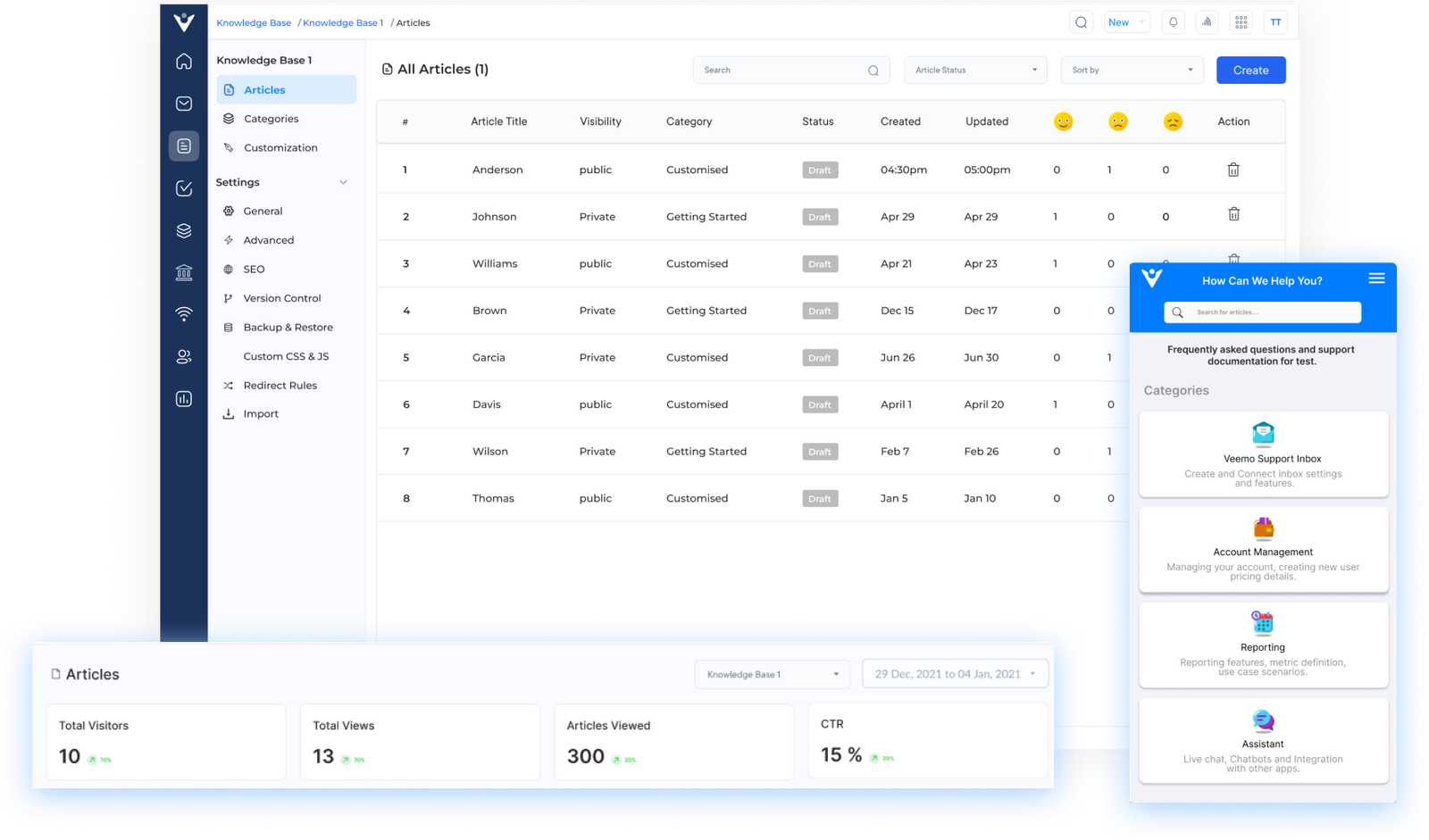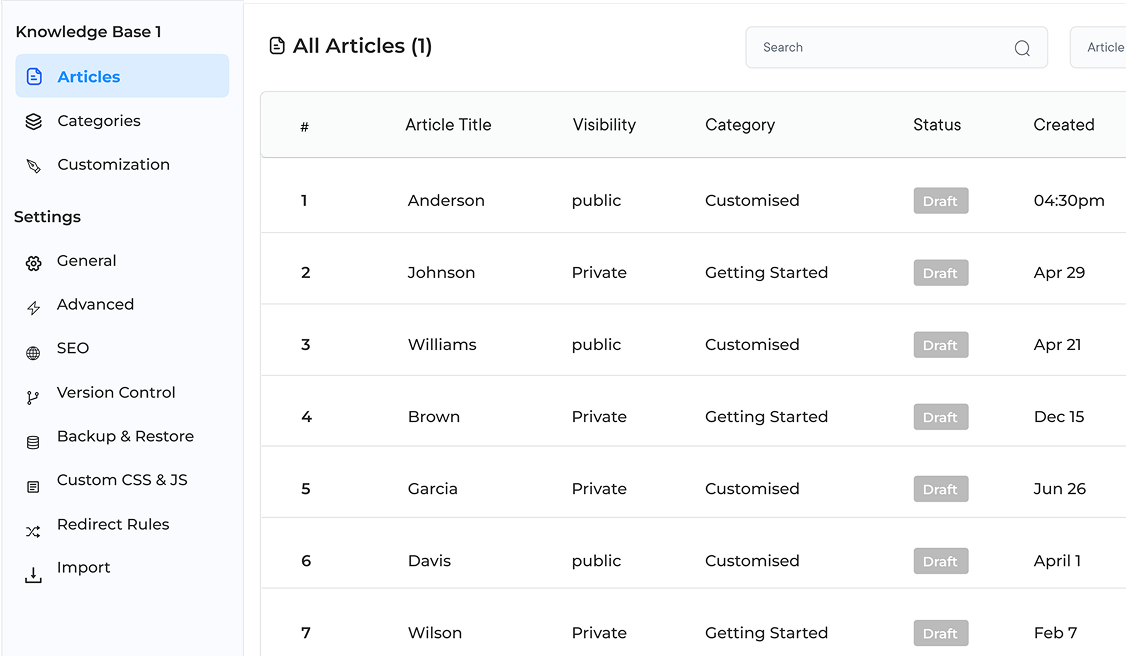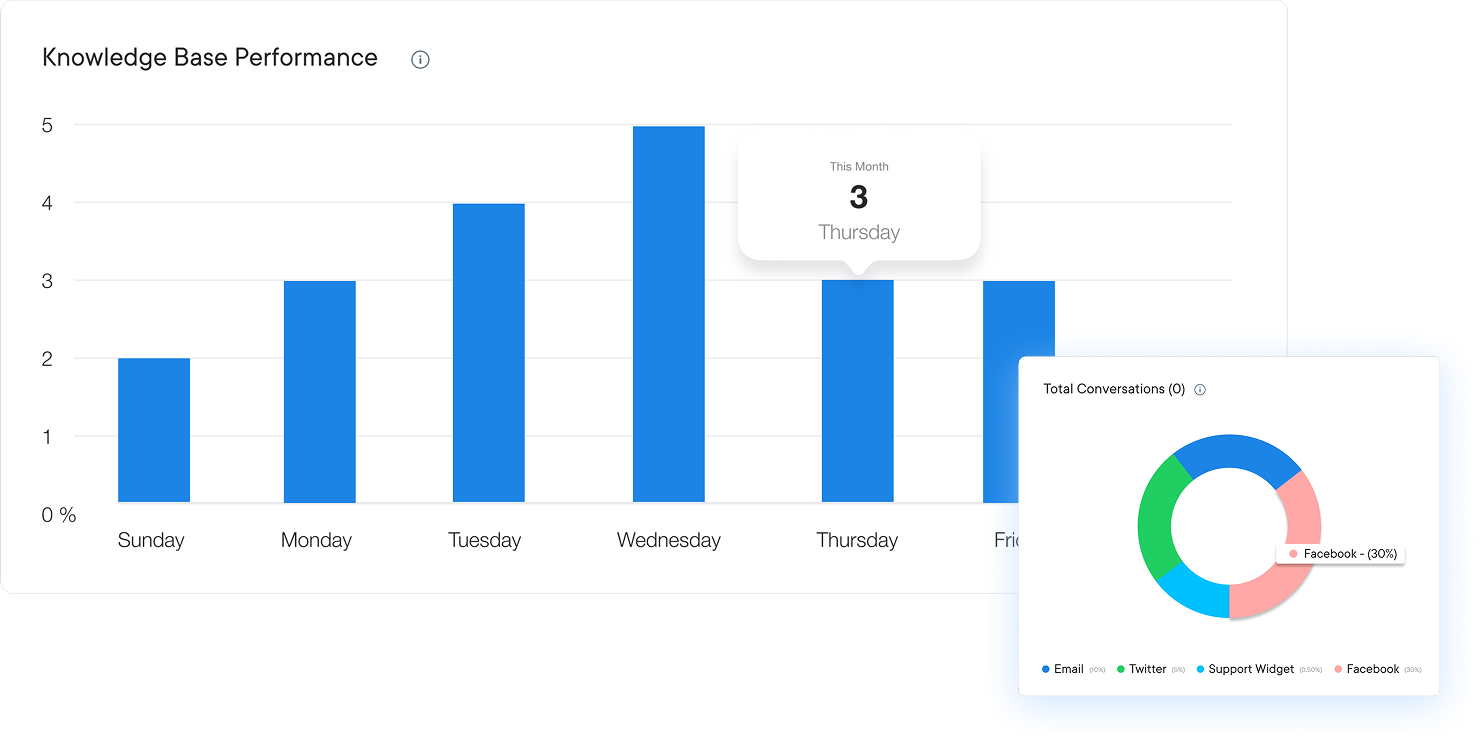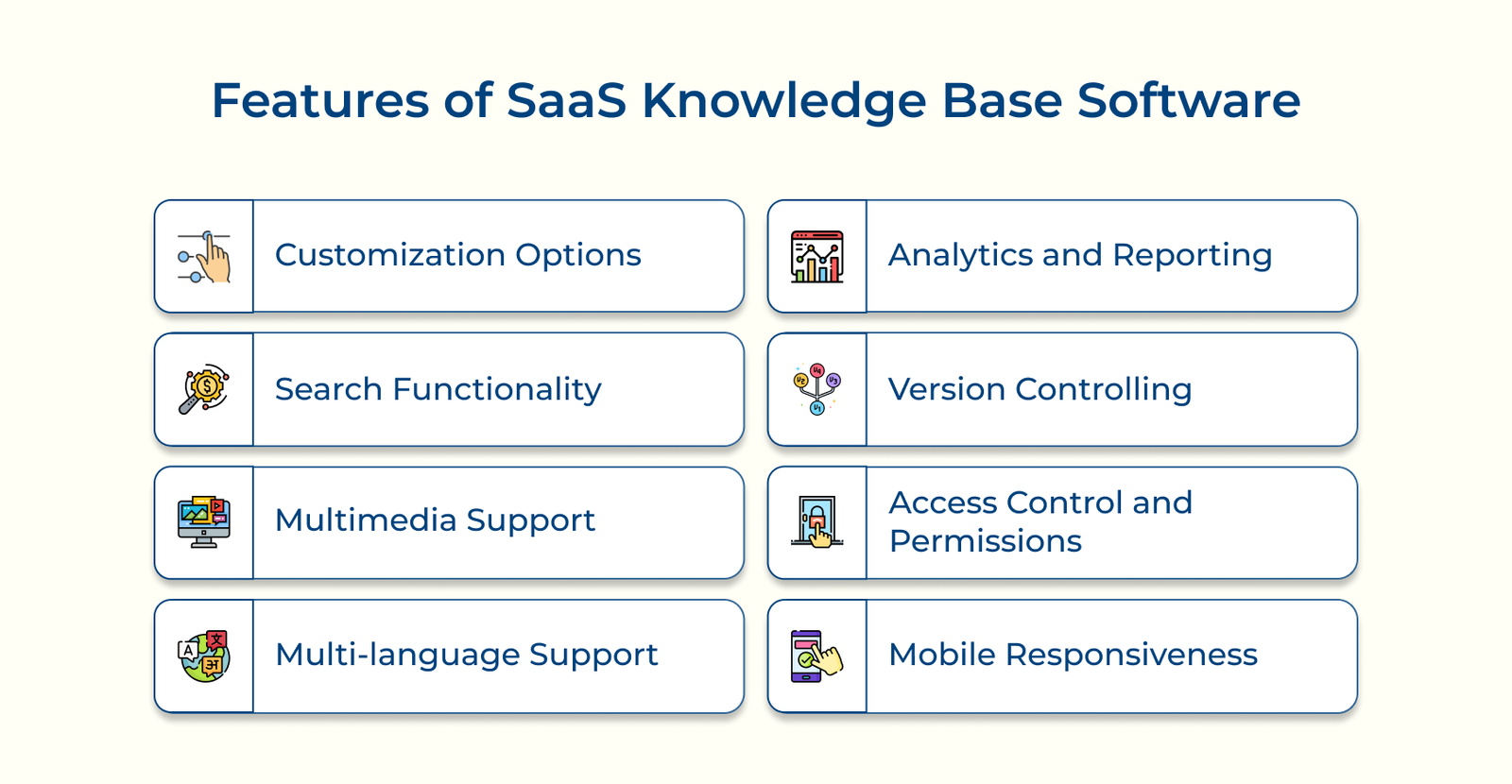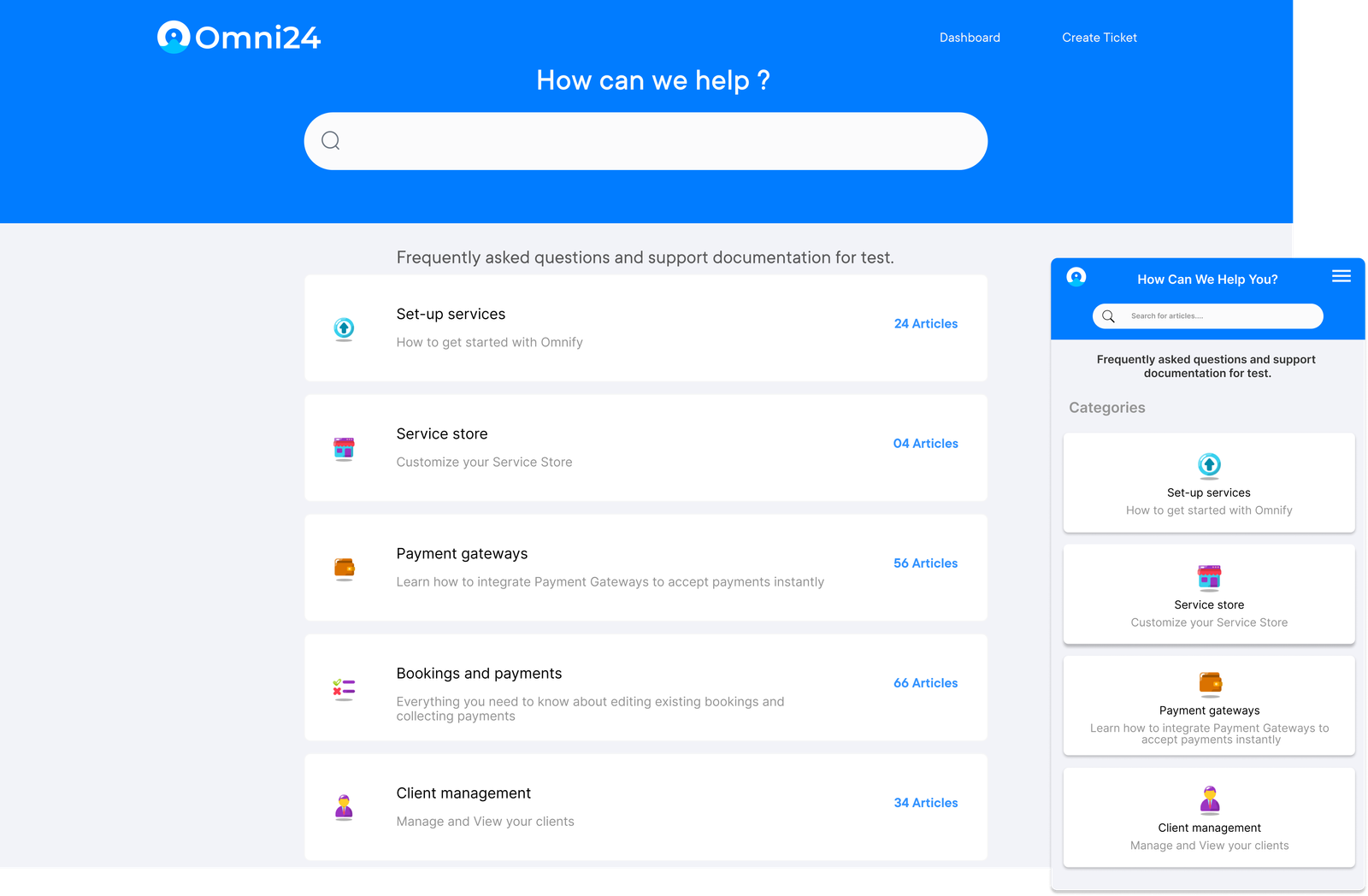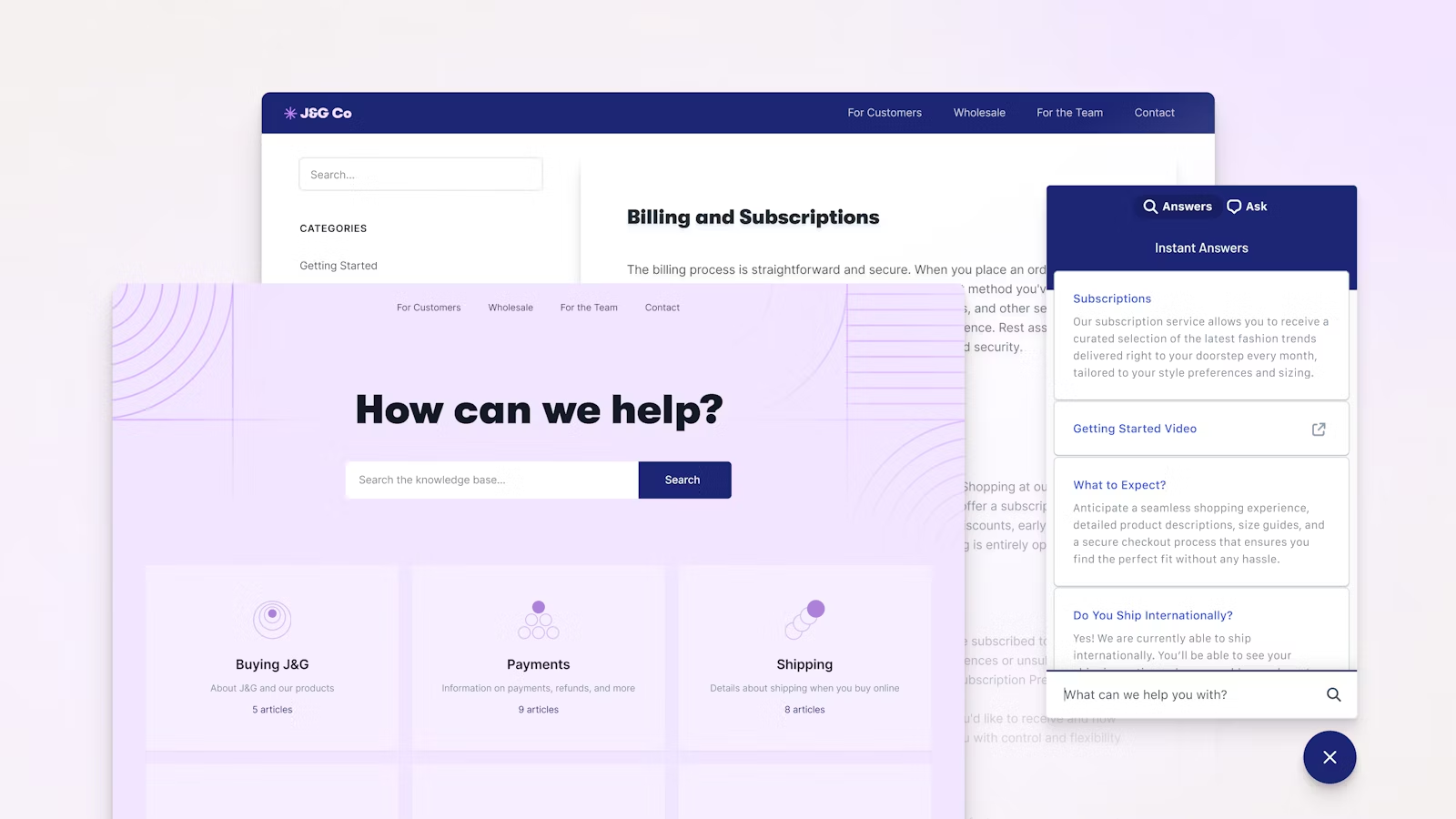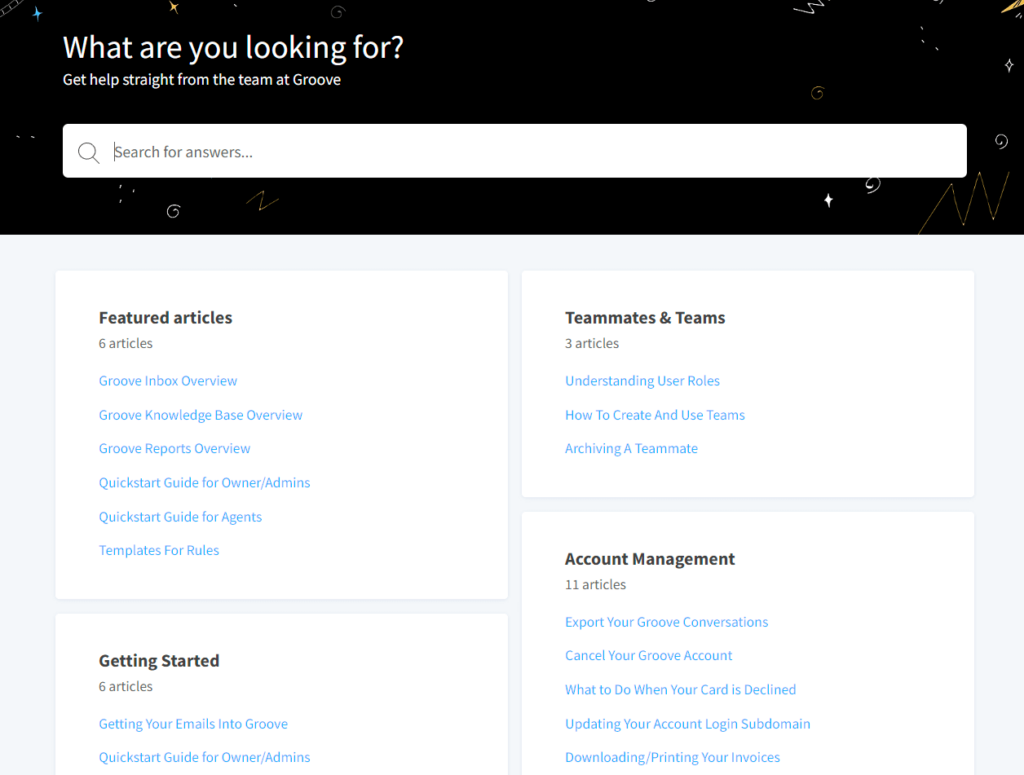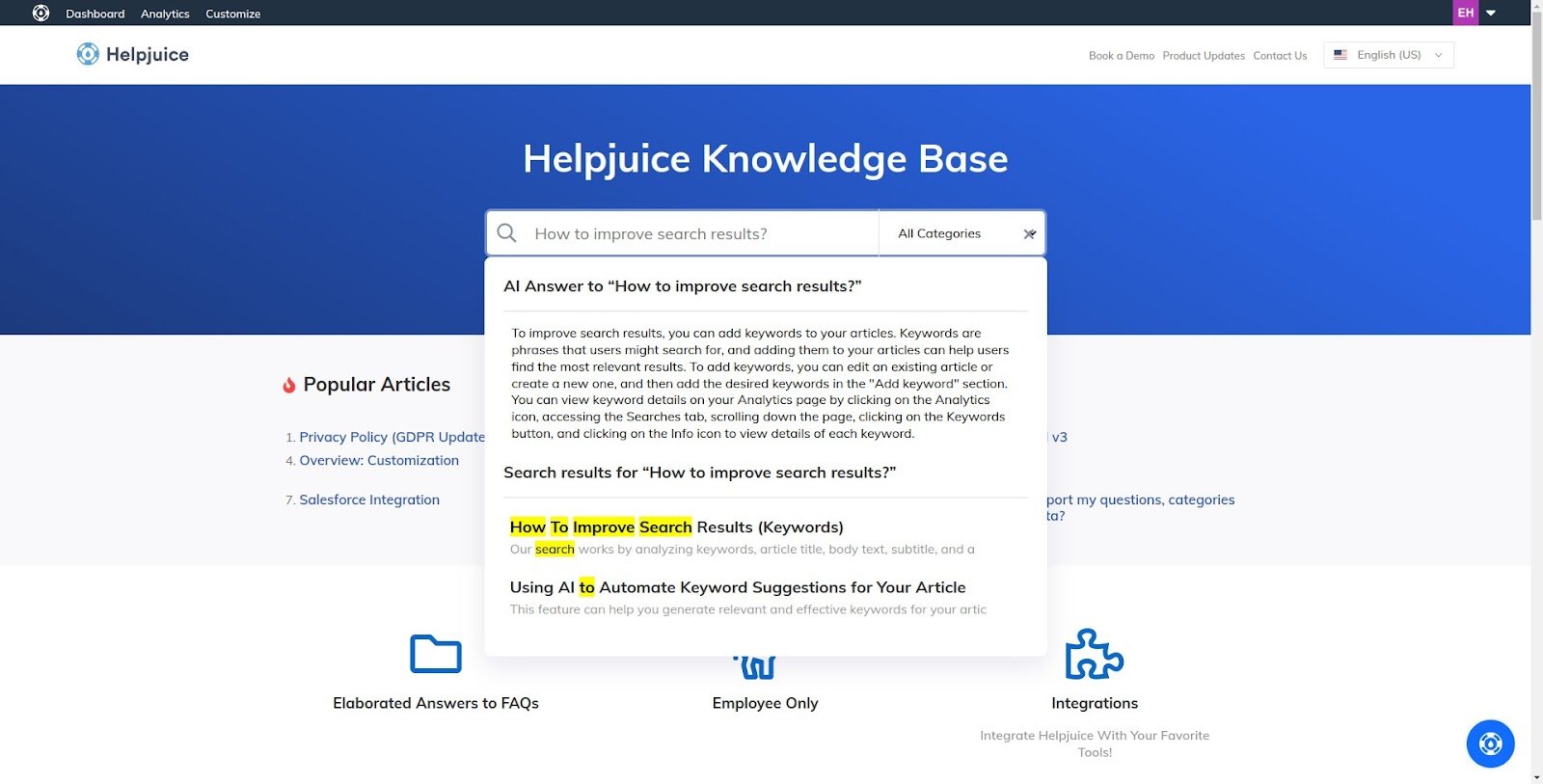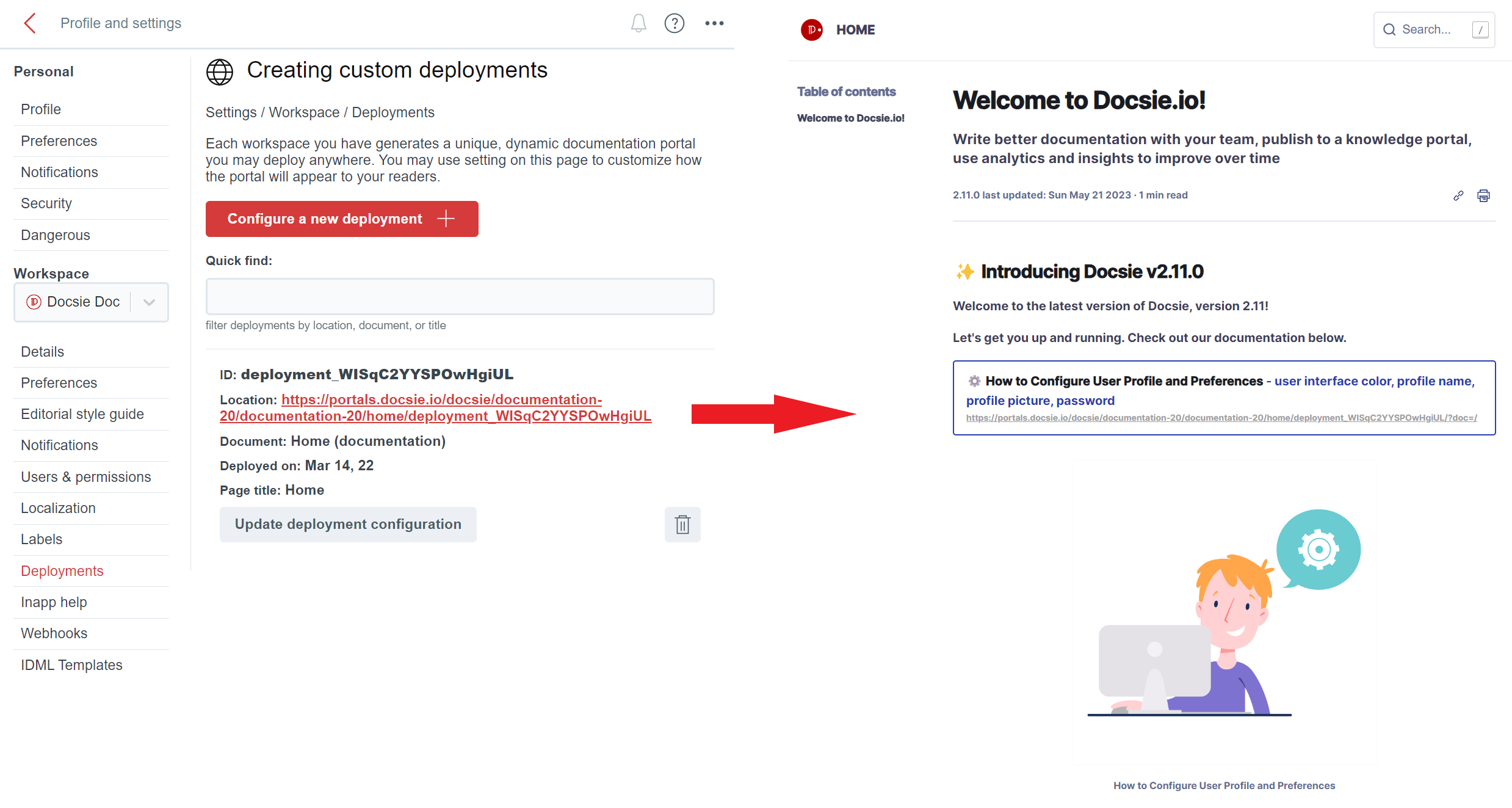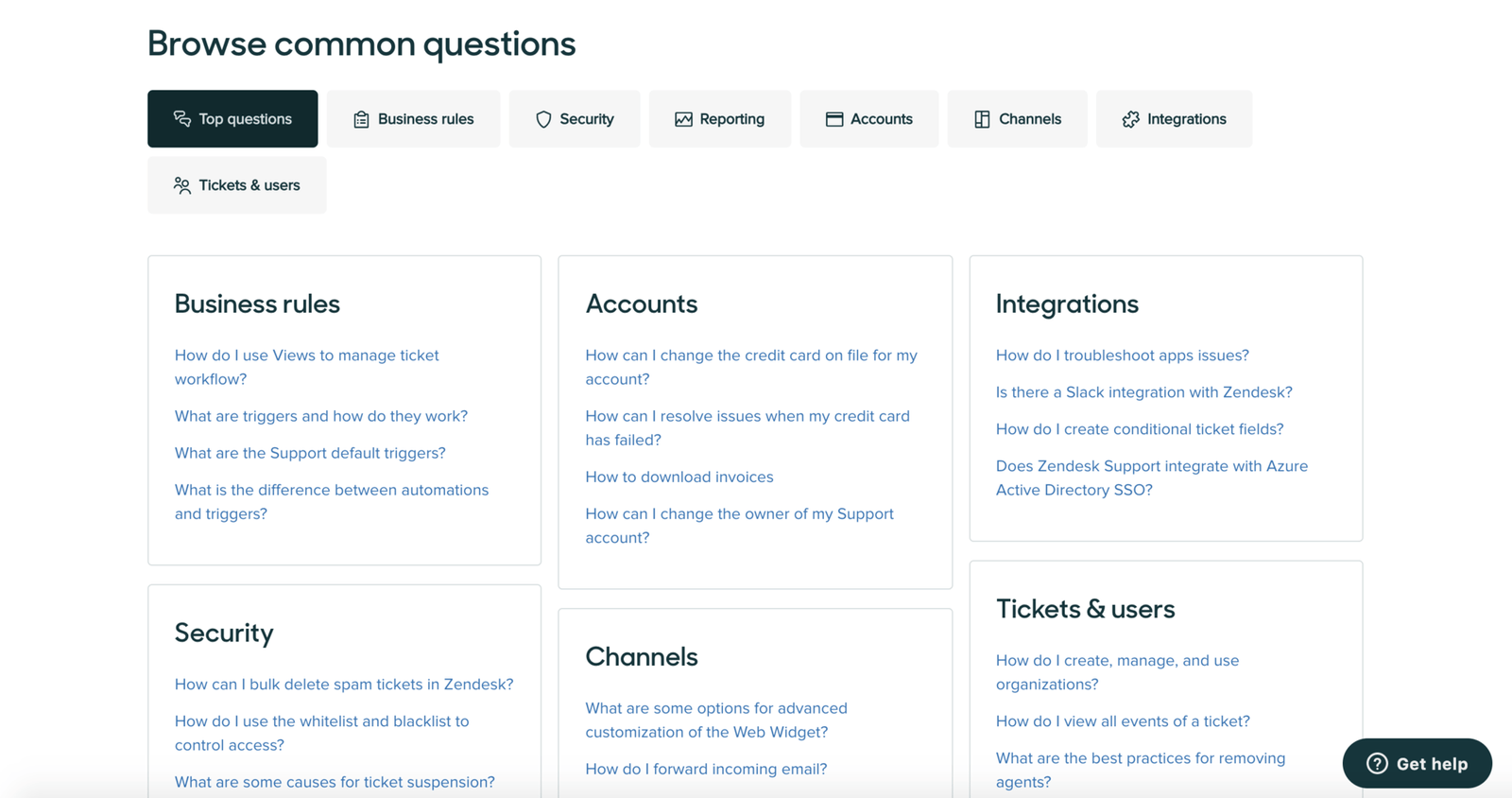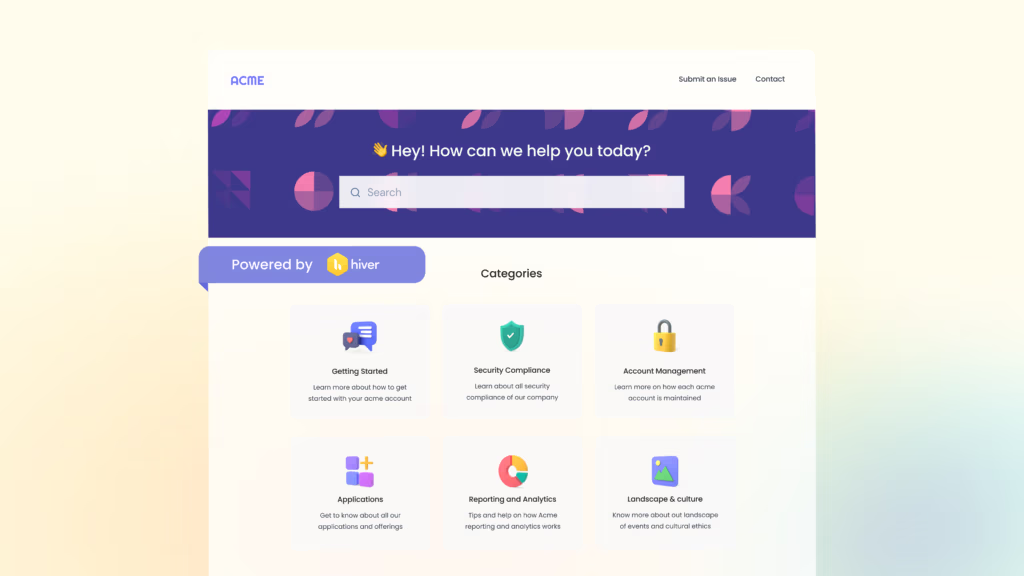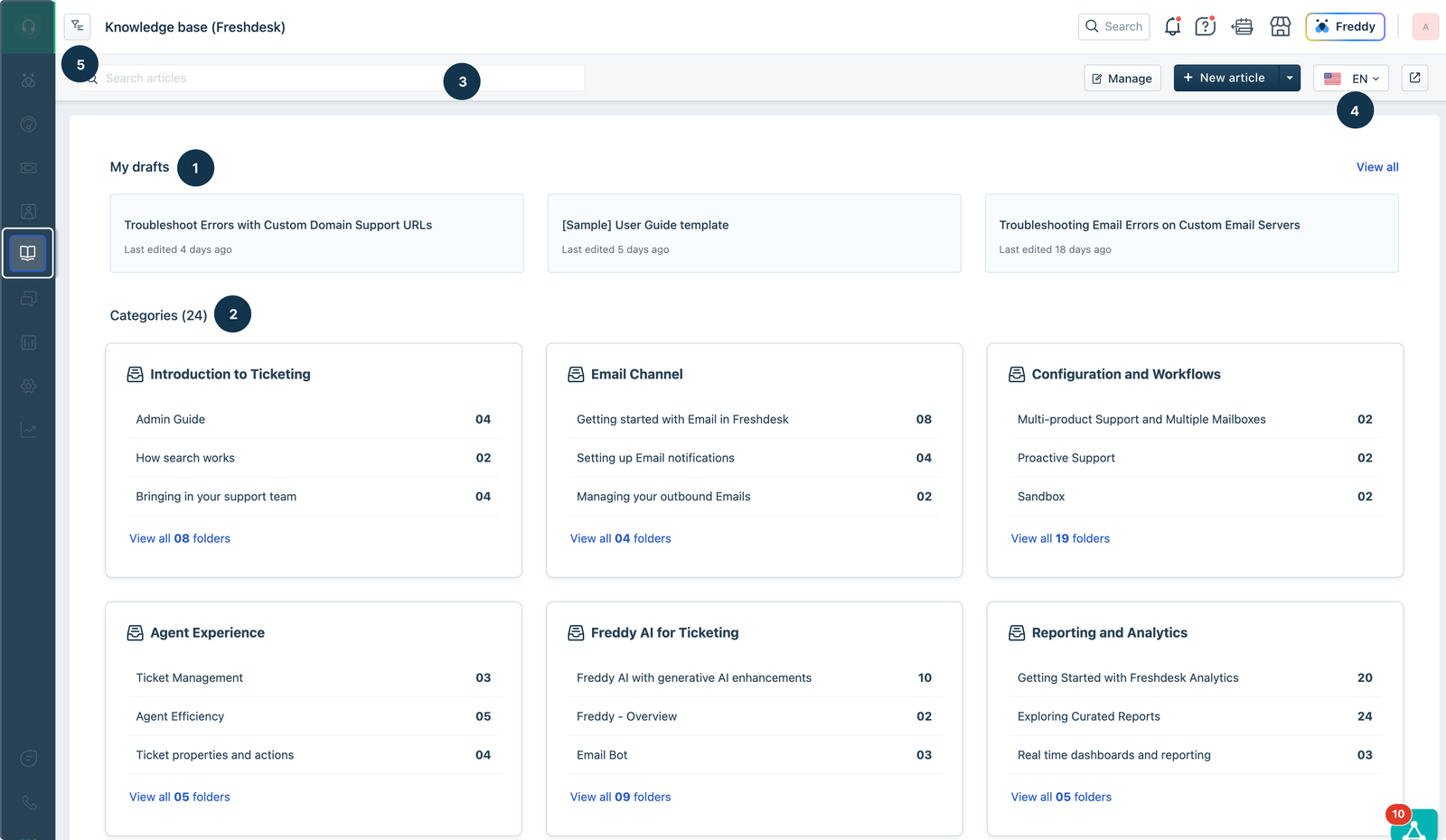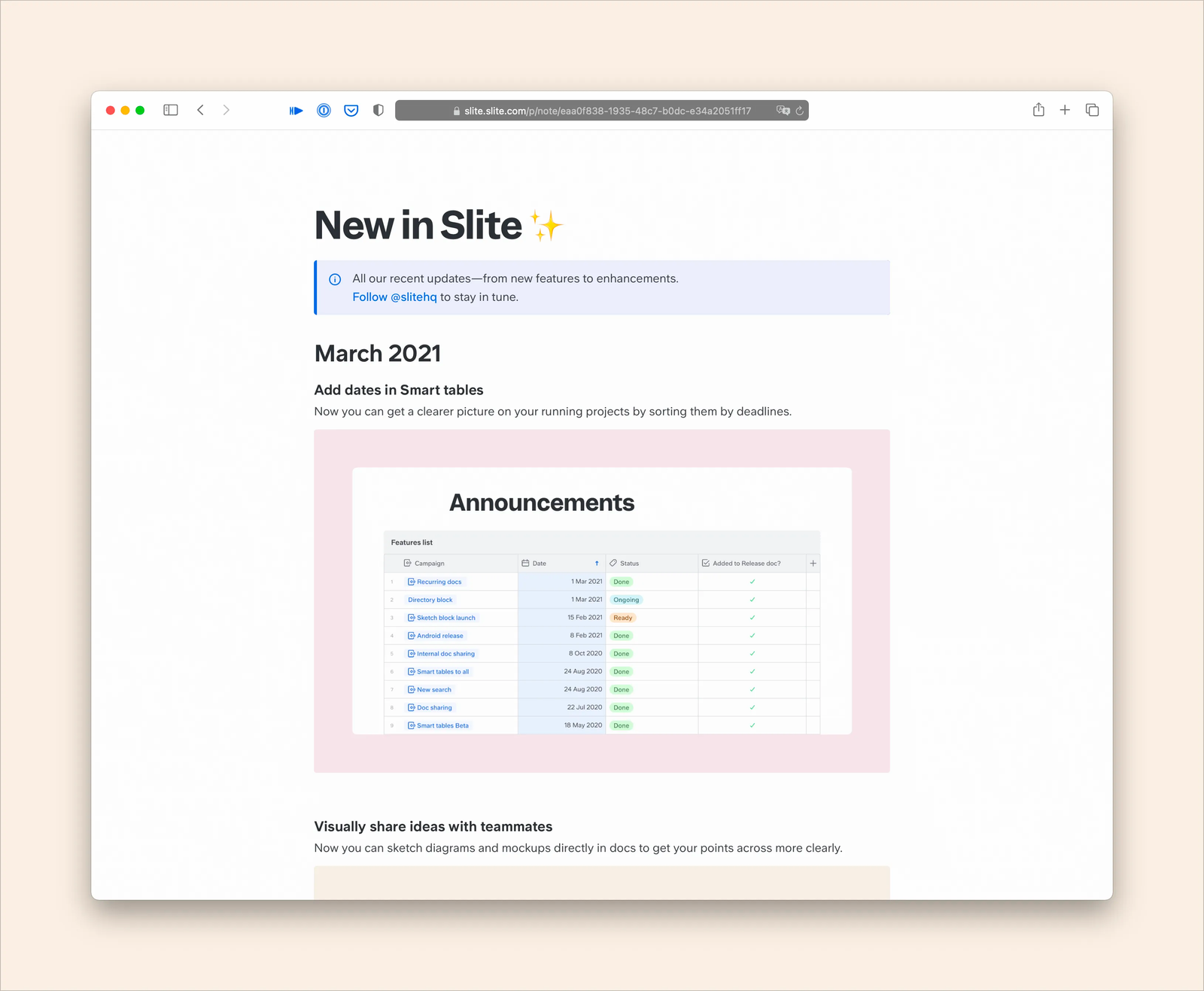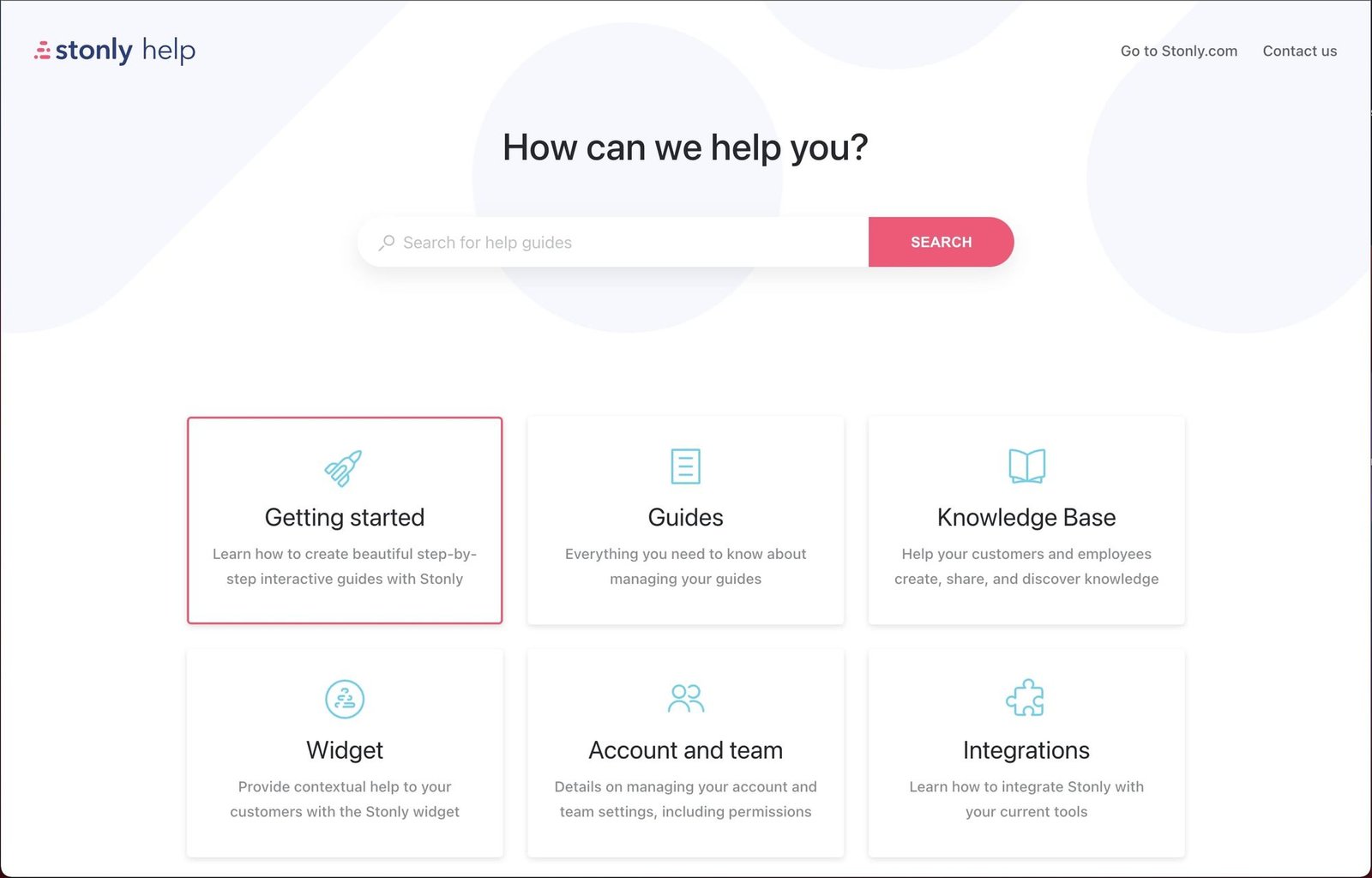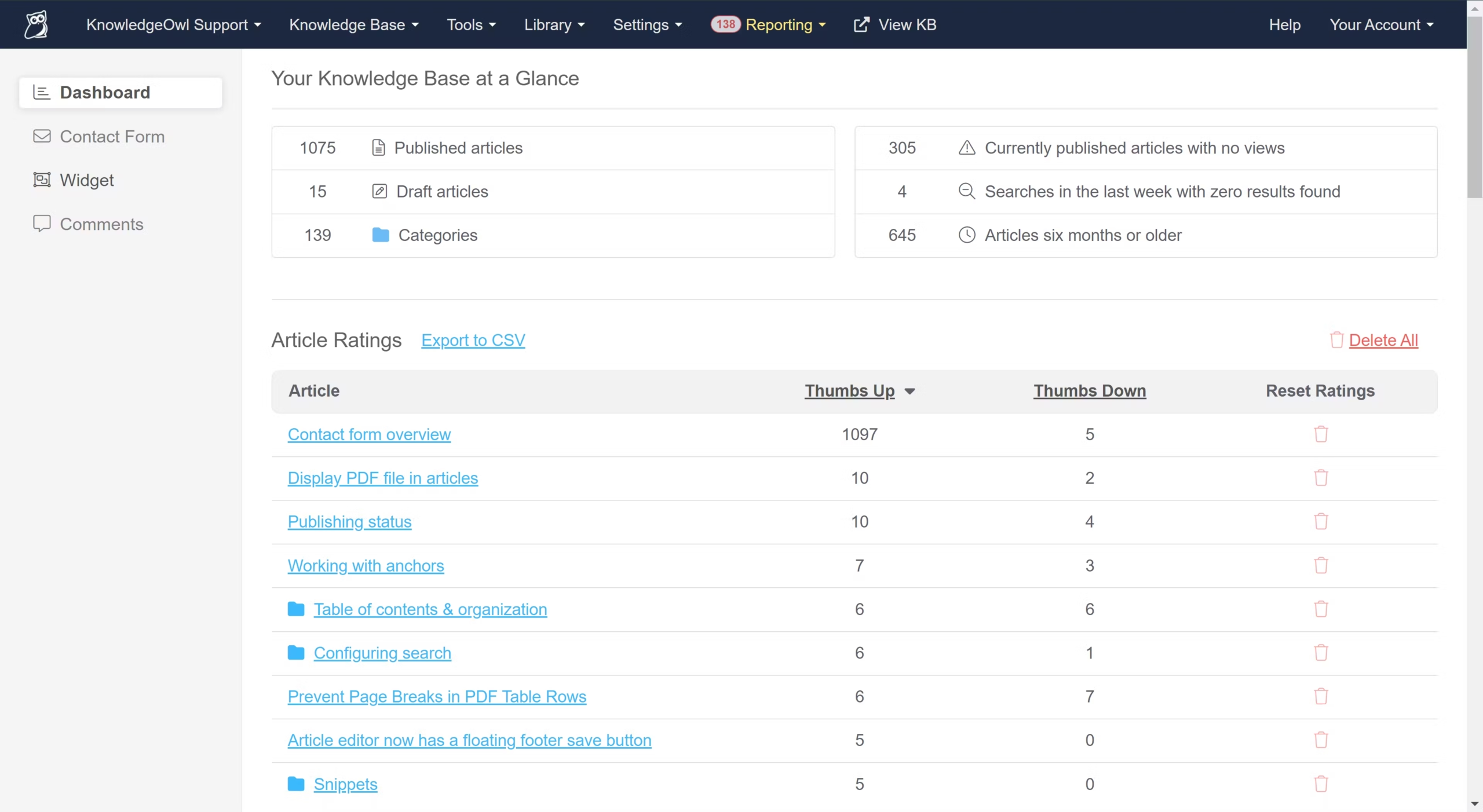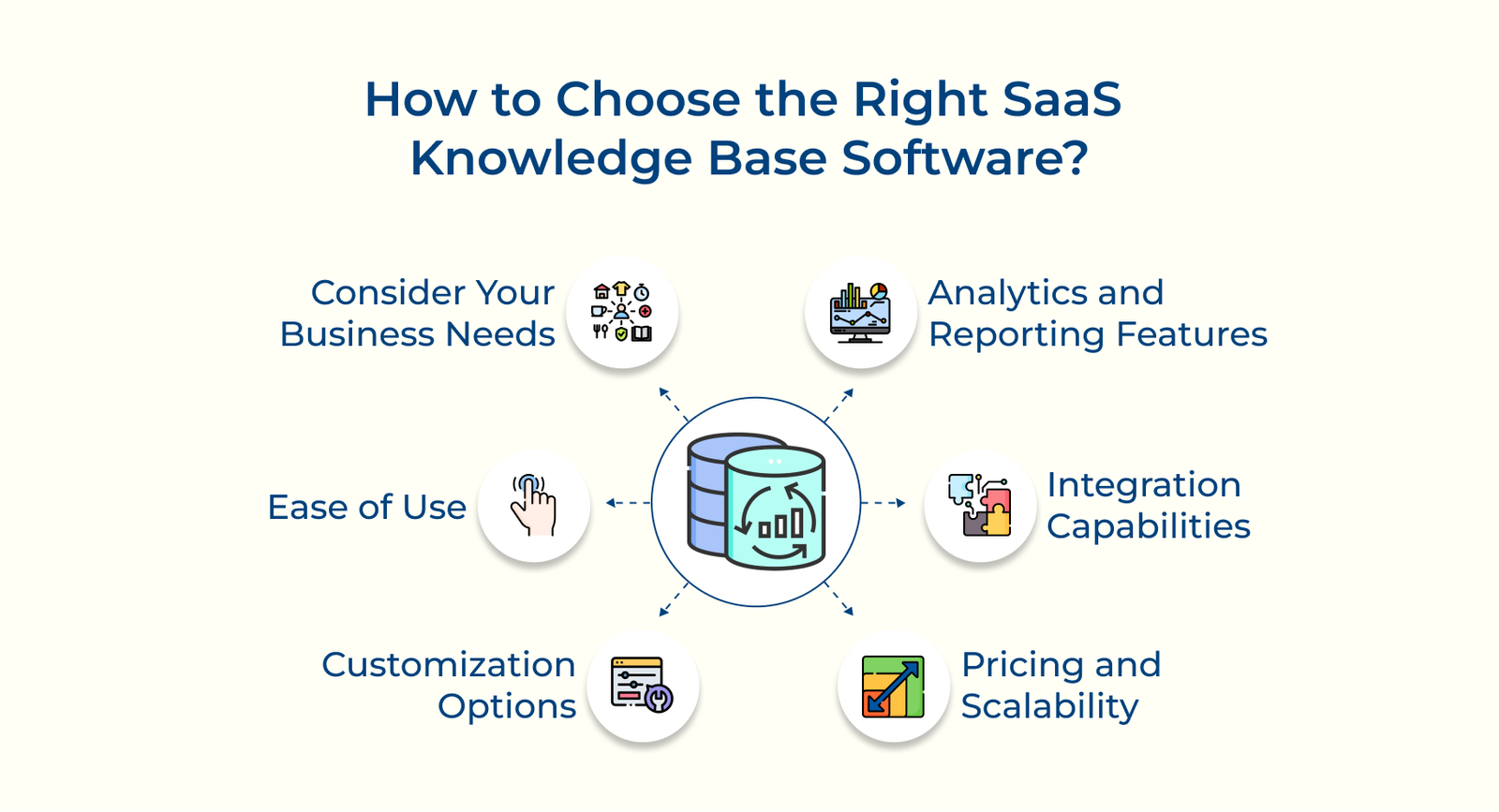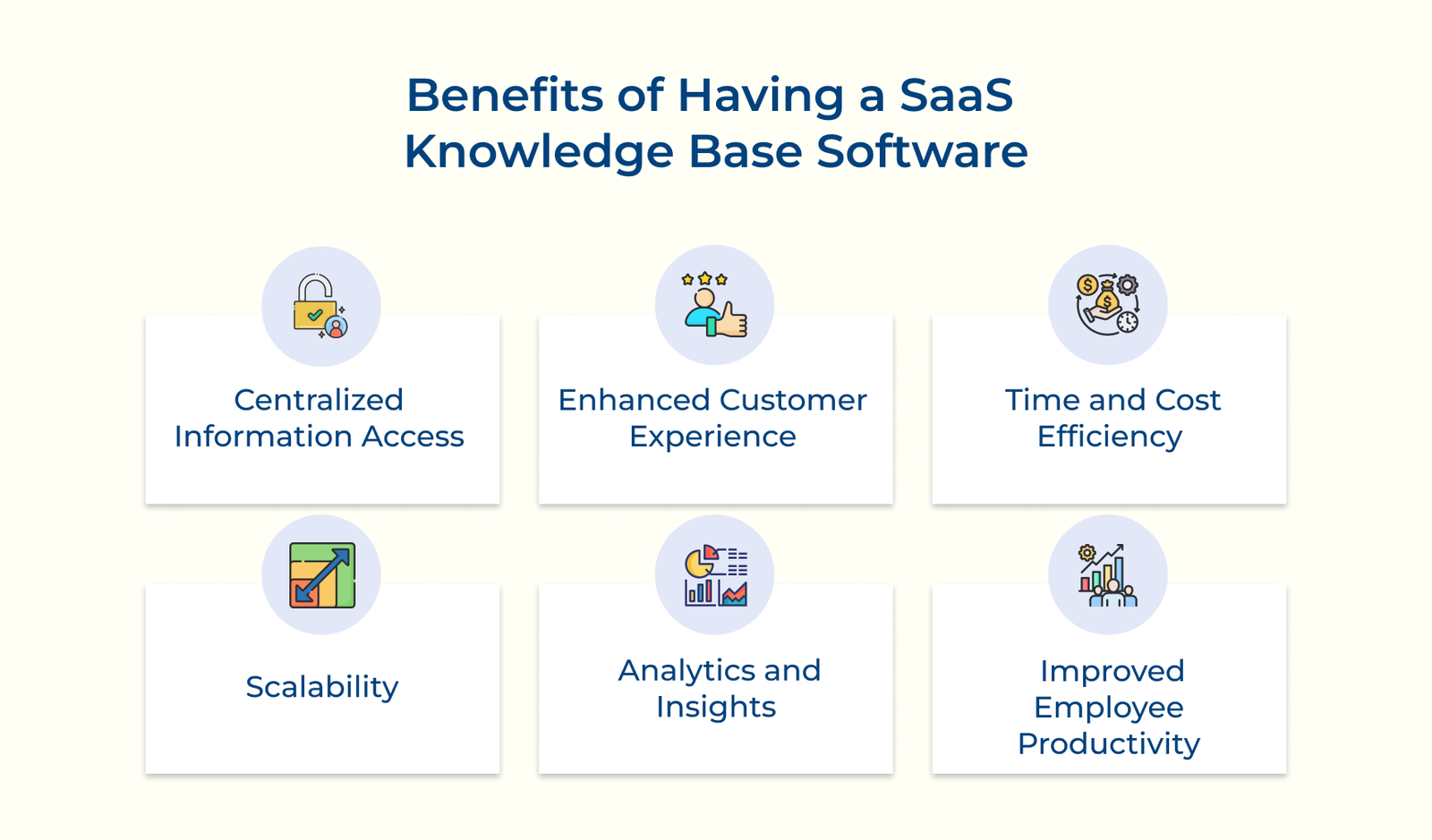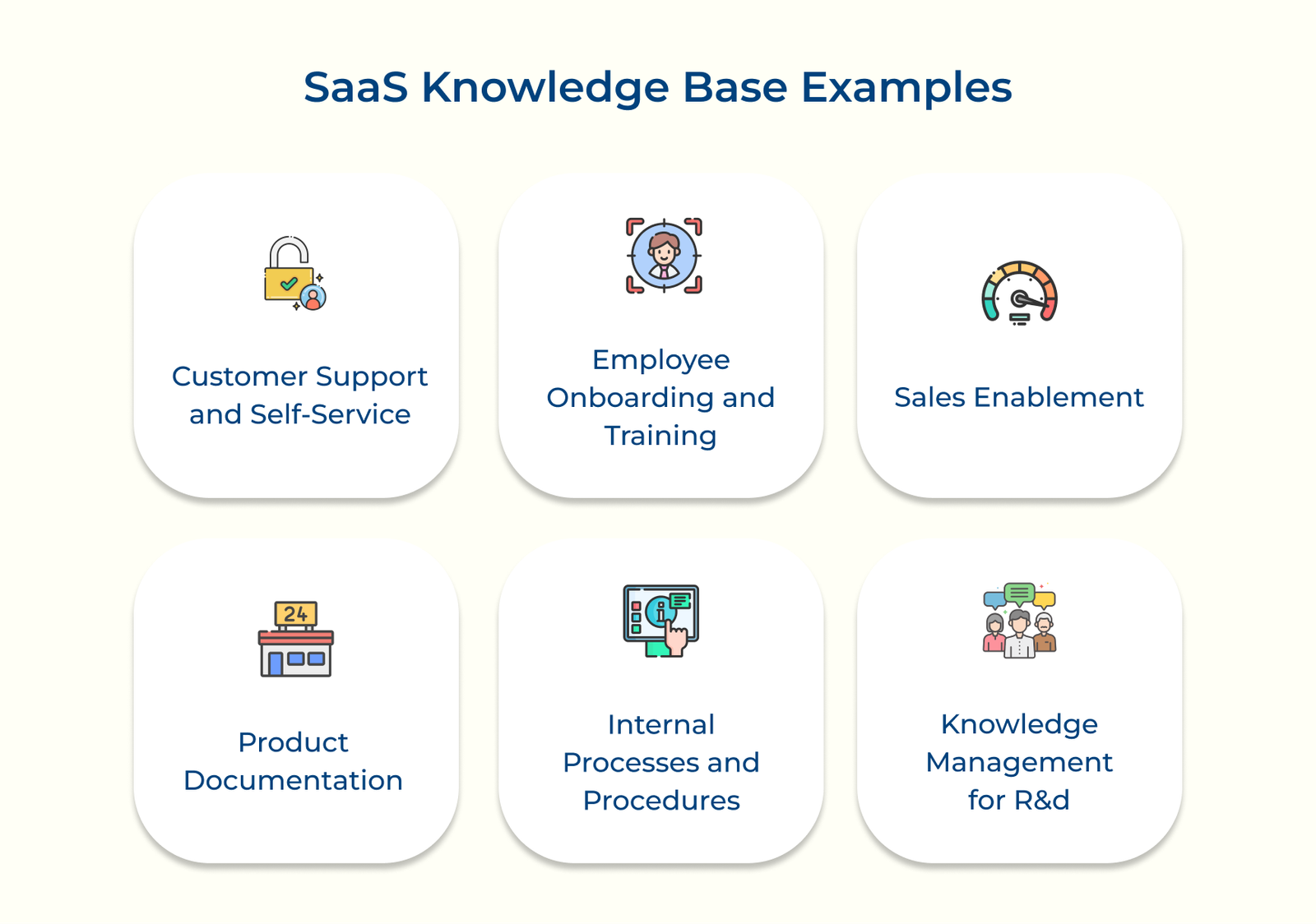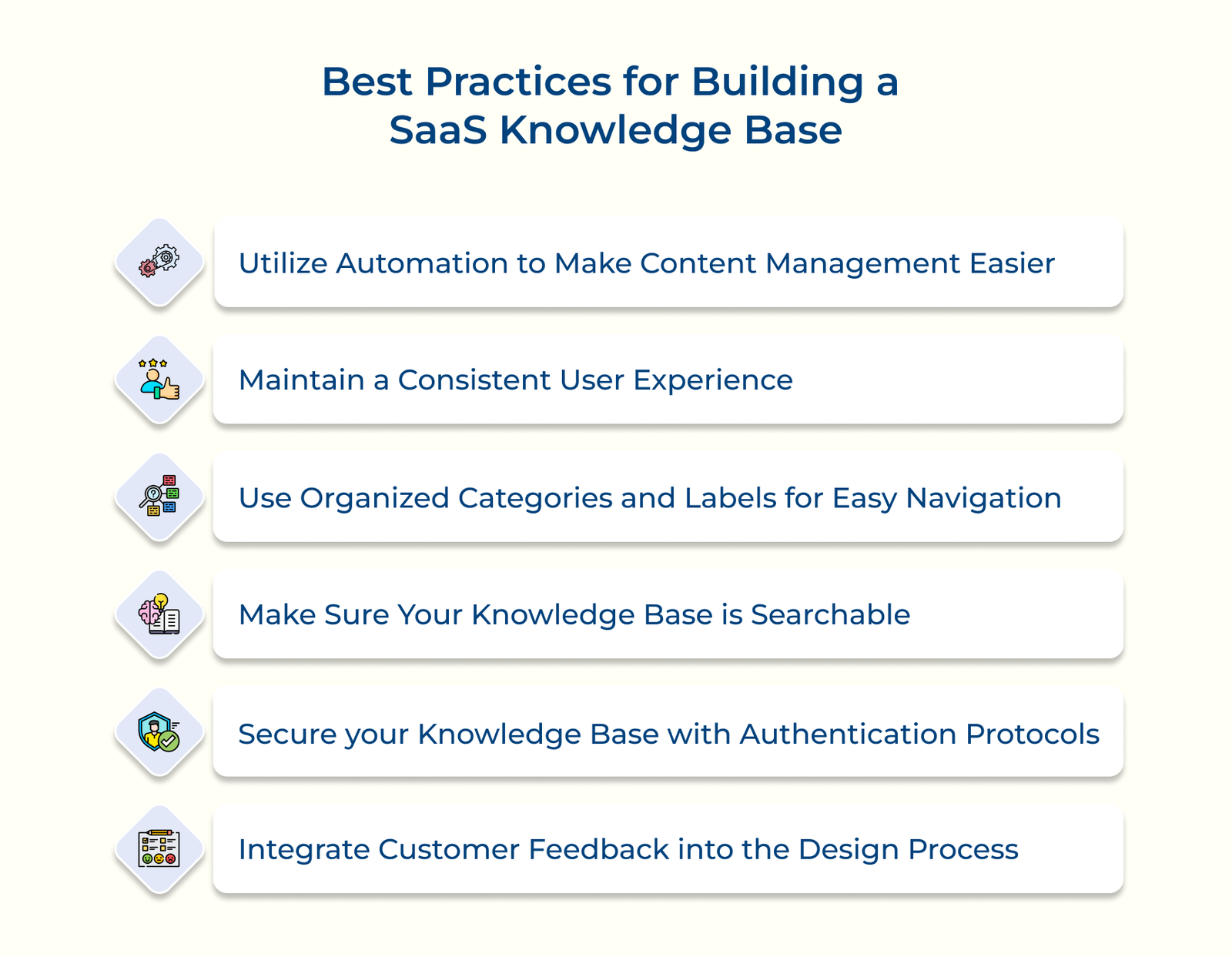1. Customization Options
SaaS knowledge base software offers extensive customization capabilities. Organizations can tailor the platform to their brand identity and specific needs. Users can modify layouts, color schemes and typography to match their corporate style. Advanced systems enable the creation of custom fields, categories and metadata to organize content effectively.
2. AI-Powered Search Functionality
Robust search capabilities are crucial for efficient knowledge retrieval. Modern SaaS knowledge base platforms incorporate advanced search algorithms. Natural language processing and semantic search make it easier for users to find exactly what they want. While features like autocomplete, filters and faceted search enhance user experience.
3. Multimedia Support
A comprehensive online knowledge base supports diverse content formats beyond text and consists of images, videos and interactive elements like quizzes or decision trees. The ability to embed multimedia directly within articles enhances engagement. The feature facilitates more effective information delivery, especially for complex topics or visual demonstrations.
4. Multi-language Support
Catering to global audiences, leading SaaS knowledge base tools offer multilingual capabilities. The content can be created and managed in various languages for seamless international support. Some platforms integrate with professional translation services or utilize machine translation with human review options to maintain accuracy.
5. Analytics and Reporting
The SaaS knowledge base provides detailed analytics on user behavior, content performance and search patterns. Key metrics tracked often include article views, search queries, user feedback, and time spent on each page, helping to optimize content and improve user experience.
6. Version Controlling
Version control features ensure content accuracy and accountability. The functionality allows teams to track changes, revert to previous versions and maintain a history of edits. Some systems offer branching and merging capabilities for collaborative editing. It also can schedule content updates or create drafts for review before publication.
7. Access Control and Permissions
Granular access control is vital for maintaining security and content integrity. SaaS knowledge base platforms offer role-based permissions. Administrators can define user roles with specific access levels which can include read-only access, editing rights, or administrative privileges.
8. Mobile Responsiveness
Responsive design has become increasingly important with the growing reliance on mobile devices for accessing information. SaaS knowledge base software ensures that content is accessible across various screen sizes and devices. Some platforms offer dedicated mobile apps for enhanced on-the-go access and offline capabilities.




